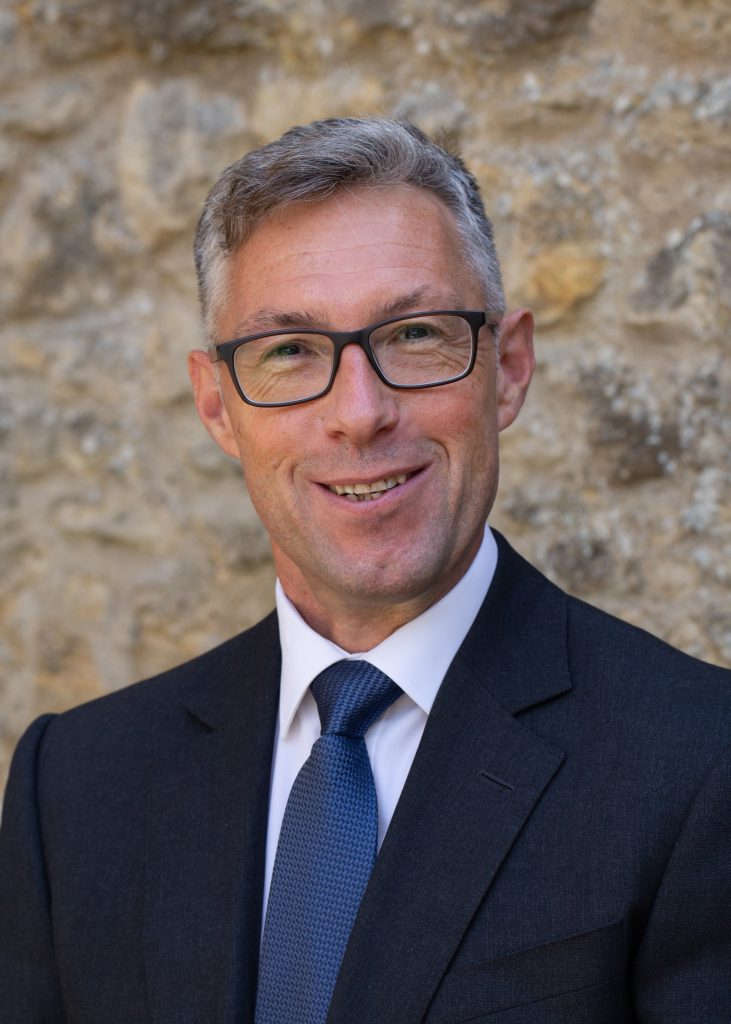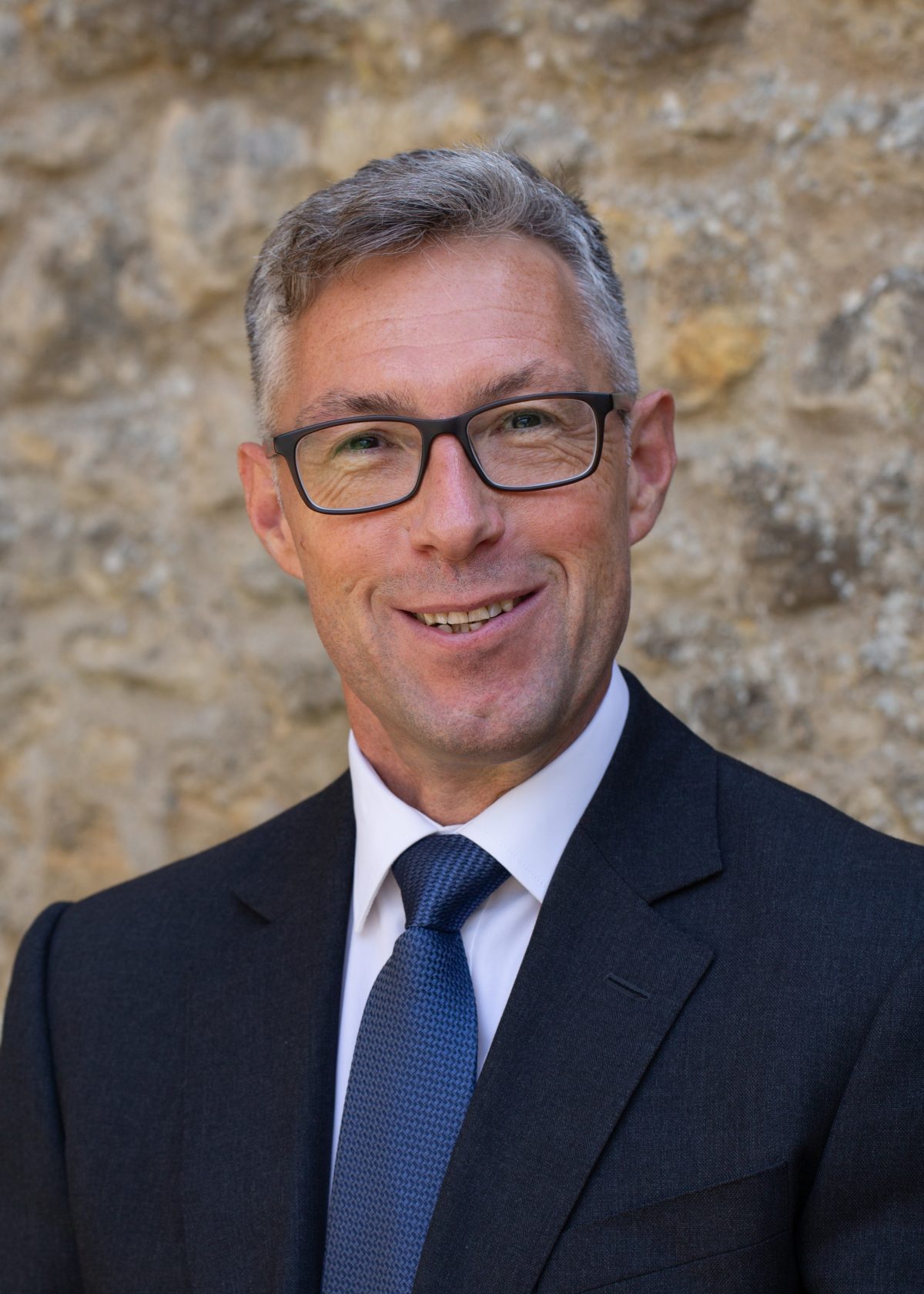
Credit: David Olds, Queen’s IT Manager
After over 30 years in the Royal Air Force (RAF), with service from Afghanistan to the Cabinet Office, Fergus Garwood has taken up a new kind of leadership as domestic bursar of The Queen’s College, Oxford. Once responsible for leading operations, he now oversees the college’s day-to-day operations and spoke to The Oxford Blue about his new role and the transition from the military to university life.
What was your career before you came to Oxford?
“I spent 34 years in the RAF. Having secured a sixth form scholarship, I commenced initial officer training at the tender age of 18. I arrived to take up my first command in Germany before I turned 19!”
What first inspired you to join the RAF?
“I was inspired to join the Service by a 1980’s BBC documentary about fast jet training and the active, challenging lifestyle the RAF offered.”
What was it like to be 18 and in charge of other people?
“Utterly terrifying. But, I think as a young officer, it’s like doing an apprenticeship. So yes, I was responsible, but the sergeants were very much steering me. Leadership is about bringing the best out of a team and that’s what the military trains young officers to do.”
Now working in a university, do you feel you missed out on anything from the University experience?
“No, not at all. I’d enjoyed studying, but I saw it as a means to an end rather than something that fulfilled me. I decided I wanted a career in the military and not to wait. I think I benefited from the social mobility that the RAF offered.”
Was there any particular position or mission that stands out as especially formative or memorable?
“It was a truly humbling experience seeing how the Service and our nation came together to conduct both Queen Elizabeth’s funeral and His Majesty the King’s coronation.”
You have spent time in many parts of the world through your RAF career – how did this shape your worldview? Are there any lessons from seeing so many different cultures that you think students could learn from?
“I believe the world is a significantly more volatile place than it has been at any other time of my military service. Moreover, Western military interventions have not always proved wholly successful – we must learn the lessons of history and tolerance: there is often more than one way to reach a desired outcome.”
What do you think is the most important thing you have learnt from your career?
“The importance of moral courage and telling truth to power – that is, doing the right thing on a difficult day, even if you don’t think anyone is watching. You must be able to look yourself in the mirror knowing you’ve done the right thing.”
During your time in the RAF, did you see the organisation change in any way?
“You wouldn’t recognise the organisation I joined compared to the organisation that we’ve got today. Frankly, I think the organisation I joined back in ‘92 was misogynistic and racist. I think we’ve made huge improvements, in terms of gender, for example.”
Who stands out as the most interesting person you met during your RAF career?
“I was fortunate enough to spend a fair bit of time with Queen Camilla – she was our honorary Air Commodore at RAF Halton. I was always touched by how grounded she is, her genuine interest in people, and her candid honesty.”
If you could give one piece of advice to students considering a career in public or military service, what would it be?
“Treat everyone with respect and lead with compassion. Whilst it might not make you rich, there are more important things in life. We get one shot, so make a valuable contribution and enjoy the ride.”
How have you found the transition to The Queen’s College?
“It’s been a voyage of discovery! I describe it in two ways. Firstly, like drinking water from a hose, and secondly, at the risk of paraphrasing Donald Rumsfeld – realising that I don’t know what I don’t know!”
What inspired you to make the career change from the RAF to working at an Oxford college?
“I was looking for another challenge, one in an organisation to which I could relate and my values and standards aligned. And then this opportunity at Queen’s presented itself…”
What is an Oxford college “domestic bursar”?
“As a Fellow and member of the Governing Body. I’m responsible for the overall domestic management of the College – the COO in commercial language.”
What have been your main priorities since taking up the role of domestic bursar?
“My priority for the first six months is simply to understand – I am also conscious that each term has its own character, risks, and issues and thus it will be a full academic year until I have experienced these and see how they impact me, the team, and the College itself.”
How does working at a college compare to the RAF? Are there any surprising similarities?
“I firmly believe that there are stark similarities – a traditional organisation with fairly rigid structures and processes but with a clear view to the future. Both organisations have a common purpose, and pursuit of excellence.”
Thinking about the RAF and The Queen’s College, how do you think as a leader you can balance tradition and progress in these institutions?
“Through the pursuit of excellence, which is characteristic of both organisations. In some parts of the world this is no longer seen as politically correct, but I think excellence remains the goal of academia. It’s evolution, not revolution. And that takes time. But, I feed and support that process through the Governing Body and engagement with the student body.”
What has surprised you most about working at Queen’s?
“This sounds like a cliché, but genuinely how welcoming everyone has been. It’s a real privilege to be here. I think there’s a lovely student body here. There are great members of staff and a great team.”
What are you looking forward to most in your time at Queen’s?
“Surviving the first year!”

